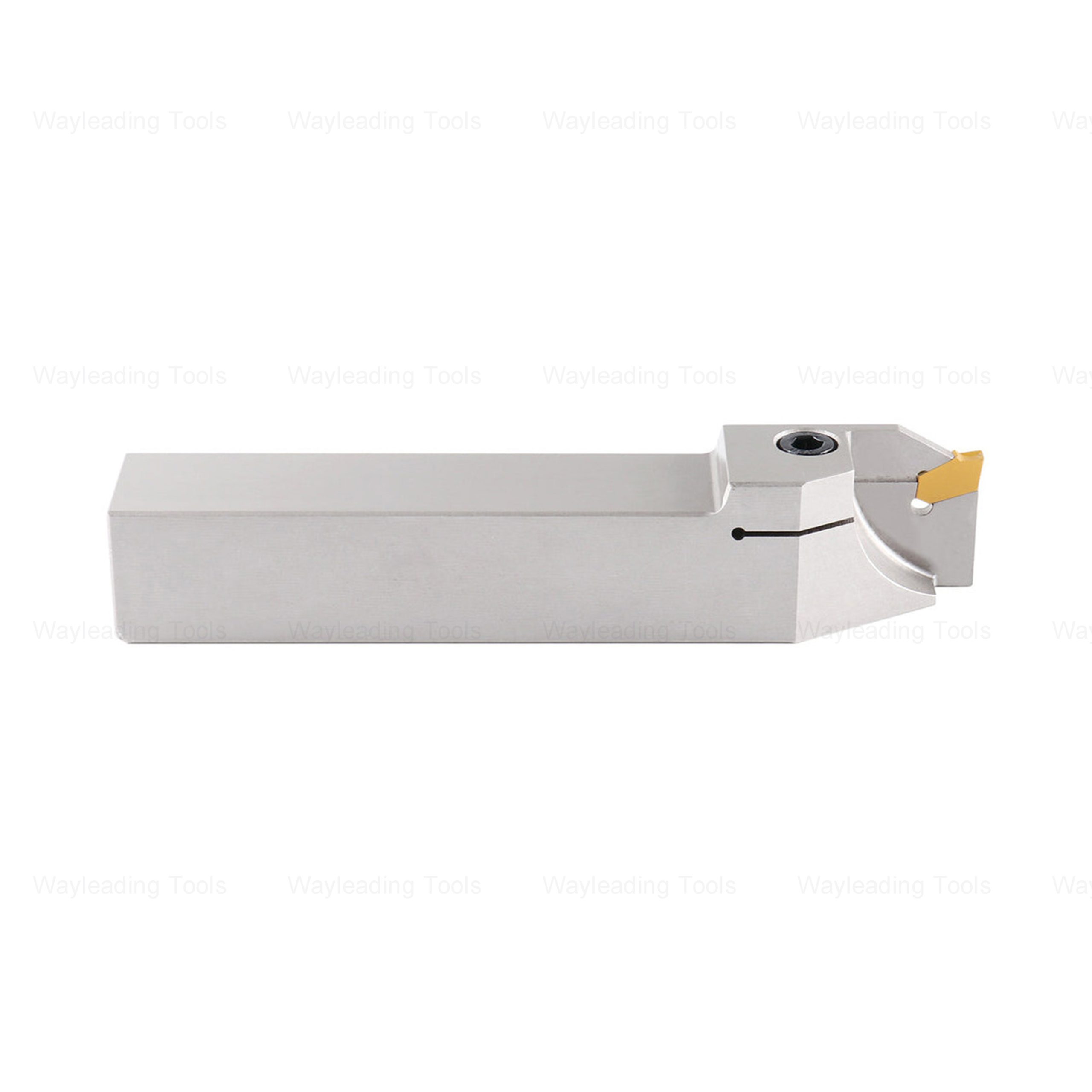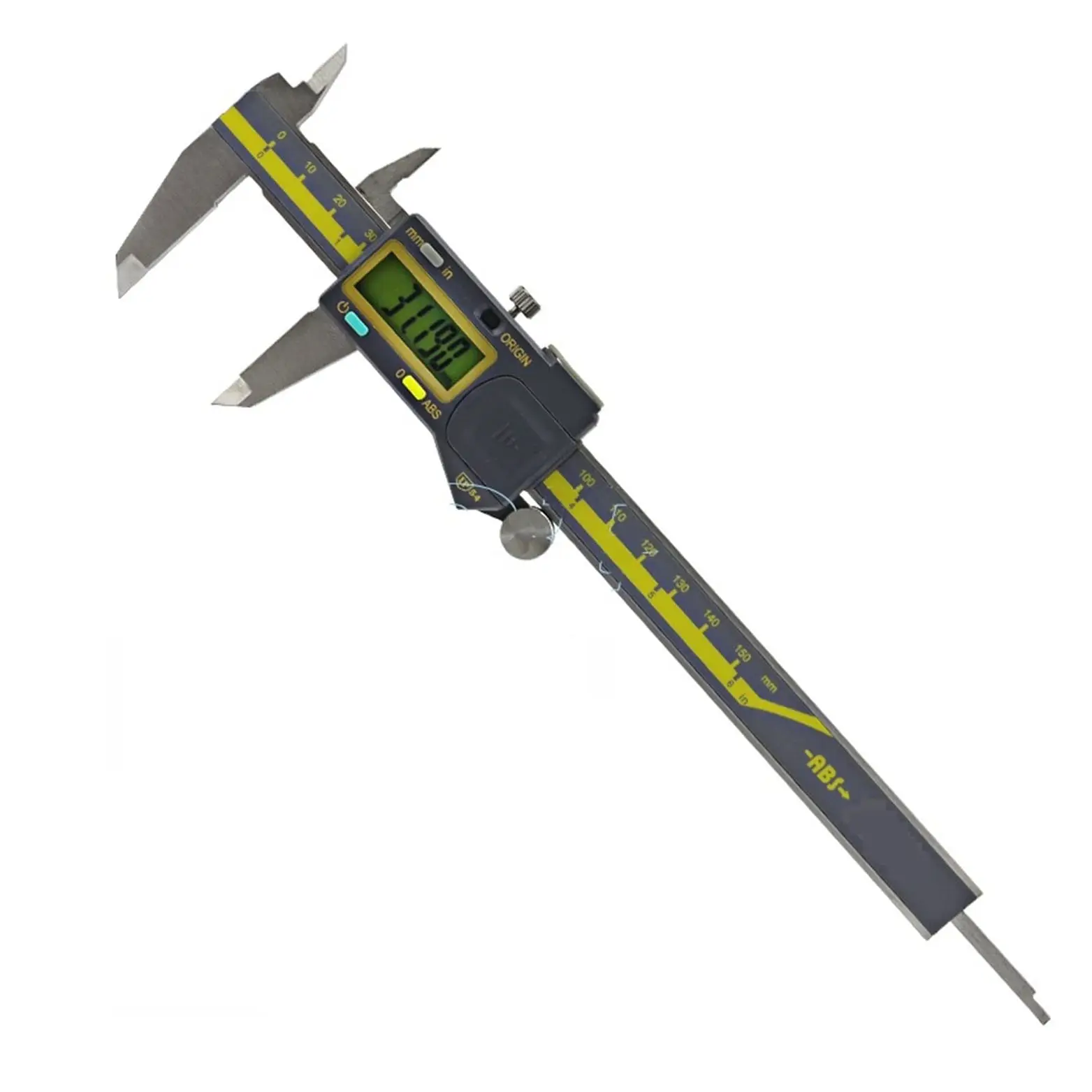parting and grooving insert Supplier
Choosing the right parting and grooving insert supplier is crucial for efficient and accurate machining. This guide explores the key factors to consider when selecting a supplier, including insert materials, geometries, coatings, pricing, and delivery reliability. We'll also cover how to assess supplier reputation and technical support capabilities to ensure you get the best value for your investment.
Understanding Parting and Grooving Inserts
What are Parting and Grooving Inserts?
Parting and grooving inserts are specialized cutting tools used in machining operations to separate a finished part from stock material (parting) or to create grooves of varying widths and depths. These inserts are typically made of cemented carbide or high-speed steel and are designed to withstand high temperatures and cutting forces.
Key Characteristics of Effective Inserts
- Material: Carbide grades are most common, offering excellent wear resistance.
- Geometry: Affects chip formation, cutting forces, and surface finish.
- Coating: Improves wear resistance, reduces friction, and extends tool life. Common coatings include TiN, TiCN, and AlTiN.
- Tolerance: Precise dimensions are crucial for accurate grooving and parting.
Factors to Consider When Choosing a Parting and Grooving Insert Supplier
Product Range and Quality
A good parting and grooving insert supplier should offer a wide range of insert sizes, geometries, and grades to meet diverse machining needs. The quality of the inserts directly impacts the efficiency of your machining operations, the quality of the finished parts, and the overall cost-effectiveness of your tooling.
Material Grades and Coating Options
Understanding the different material grades is essential for selecting the right insert for the job. Carbide inserts are available in various grades, each offering different levels of hardness, toughness, and wear resistance. Different coatings enhance performance in specific materials and cutting conditions. For example, AlTiN coatings excel in high-speed machining of hardened steels, while TiCN coatings are suitable for general-purpose machining.
Insert Geometry and Chip Control
The geometry of the insert plays a crucial role in chip formation and control. Positive rake angles reduce cutting forces and improve surface finish, while negative rake angles are suitable for machining harder materials. Chip breakers help to break the chips into smaller, manageable pieces, preventing them from interfering with the cutting process.
Pricing and Cost-Effectiveness
While price is an important consideration, it should not be the only factor. Consider the overall cost-effectiveness of the inserts, including their tool life, cutting speed, and surface finish. Higher-quality inserts may have a higher initial cost, but they can often result in lower overall costs due to reduced downtime, improved part quality, and longer tool life.
Supplier Reputation and Experience
Choose a parting and grooving insert supplier with a proven track record of providing high-quality products and excellent customer service. Look for suppliers with years of experience in the industry and a strong reputation for reliability and technical expertise. Wayleading Tools is a reputable supplier committed to delivering precision and performance. Check online reviews and testimonials to get a sense of the supplier's reputation.
Technical Support and Application Assistance
A reliable supplier should offer technical support and application assistance to help you select the right inserts for your specific machining applications. They should be able to provide advice on cutting parameters, toolholding, and troubleshooting machining problems. This support can be invaluable in optimizing your machining processes and maximizing the performance of your inserts.
Delivery and Availability
Ensure that the parting and grooving insert supplier has a reliable delivery system and can provide the inserts you need when you need them. Check their inventory levels and lead times to avoid delays in your production schedule. A supplier with a local presence or a strong distribution network can often provide faster and more reliable delivery.
Assessing Supplier Capabilities
Requesting Samples and Testing
Before committing to a large order, request samples of the inserts you are interested in and test them in your own machining operations. This will allow you to evaluate their performance and determine if they meet your specific requirements. Compare the performance of inserts from different suppliers to identify the best option for your needs. A sample test is a good chance to test the products from Wayleading Tools
Evaluating Technical Expertise
Assess the supplier's technical expertise by asking them questions about insert materials, geometries, coatings, and applications. A knowledgeable supplier should be able to provide clear and concise answers and offer helpful advice. They should also be able to provide documentation, such as material safety data sheets (MSDS) and technical specifications.
Checking Certifications and Standards
Look for suppliers that are certified to relevant industry standards, such as ISO 9001. This indicates that they have a quality management system in place and are committed to providing high-quality products and services. Certifications can also provide assurance that the inserts meet specific performance requirements.
Common Mistakes to Avoid When Choosing a Supplier
Focusing Solely on Price
As mentioned earlier, price should not be the only factor in your decision. A cheaper insert may seem like a good deal initially, but it could end up costing you more in the long run due to reduced tool life, poor surface finish, and increased downtime.
Ignoring Technical Support
Don't underestimate the importance of technical support. A supplier that offers excellent technical support can help you optimize your machining processes and troubleshoot problems, saving you time and money. Ignoring this aspect can lead to inefficient machining and costly mistakes.
Neglecting Delivery Reliability
A supplier that cannot deliver inserts on time can disrupt your production schedule and lead to costly delays. Always check the supplier's delivery reliability and inventory levels before placing an order.
Conclusion
Selecting the right parting and grooving insert supplier is a critical decision that can significantly impact the efficiency and profitability of your machining operations. By considering the factors outlined in this guide and avoiding common mistakes, you can find a supplier that meets your specific needs and helps you achieve your machining goals. Remember to prioritize quality, reliability, and technical support when making your decision. With careful consideration and thorough evaluation, you can establish a long-term partnership with a parting and grooving insert supplier that provides you with the tools and support you need to succeed. You can visit www.wayleading.com to learn more about parting and grooving insert.
Related products
Related products
Best selling products
Best selling products-
 Precision V Block And Clamps Set With High Quality Type
Precision V Block And Clamps Set With High Quality Type -
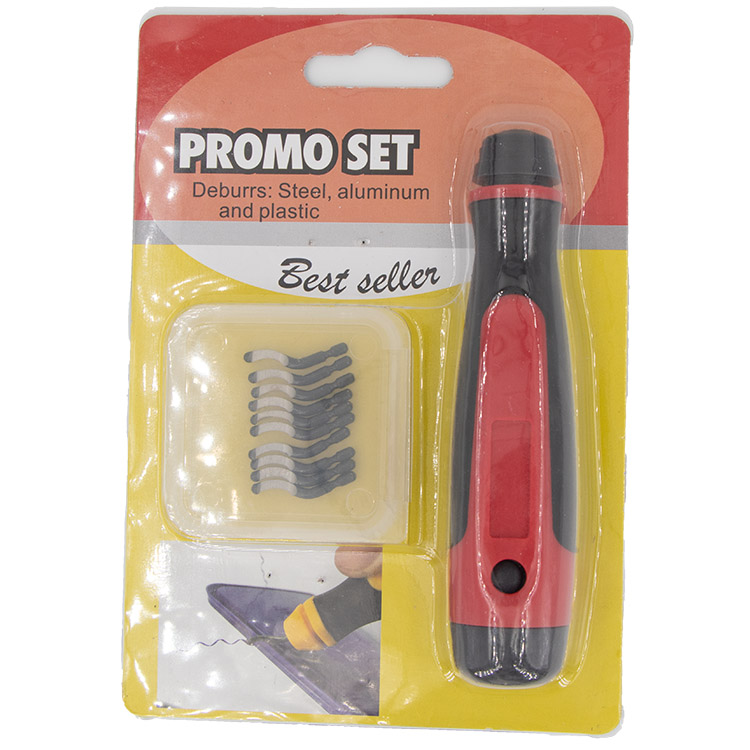 Type B Light Duty Deburring Tool Set With Deburring Holder And Deburring Blade
Type B Light Duty Deburring Tool Set With Deburring Holder And Deburring Blade -
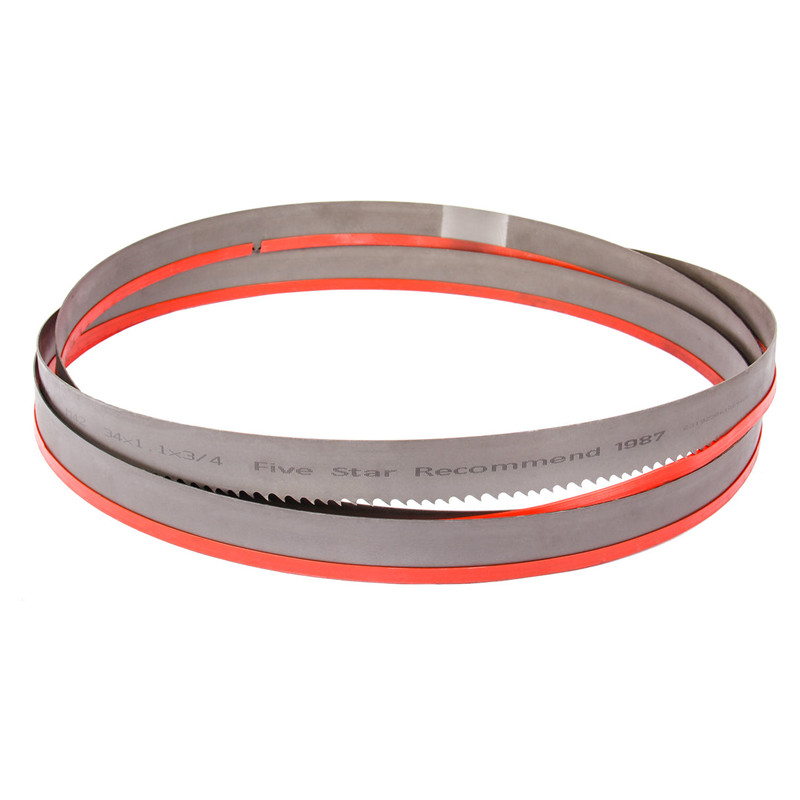 M51 Bi-Metal Bandsaw Blades For Industrial Type
M51 Bi-Metal Bandsaw Blades For Industrial Type -
 30PCS HSS Metric And Inch Size MINI Tap & Die Set
30PCS HSS Metric And Inch Size MINI Tap & Die Set -
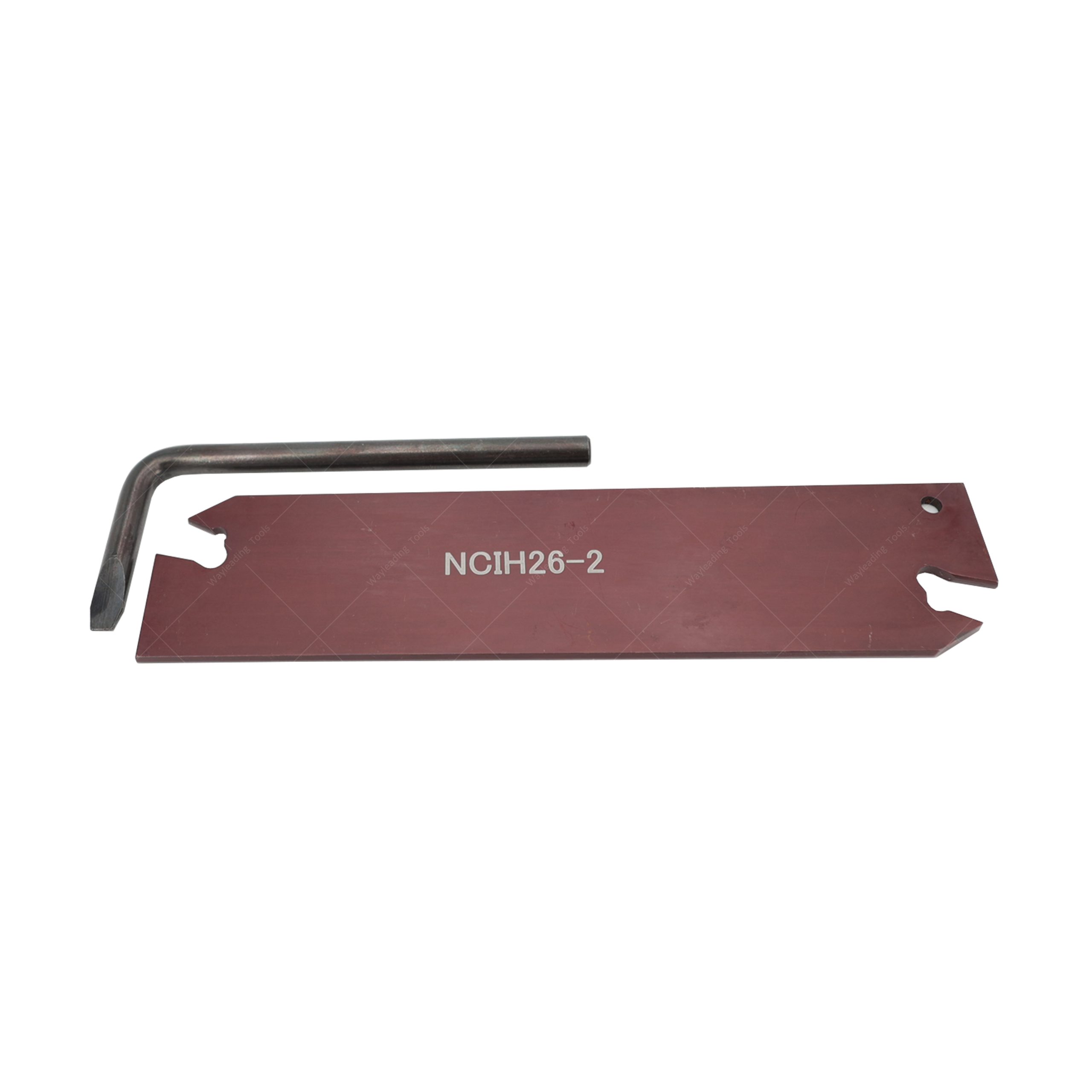 Parting & Grooving Tool Blades For GTN Blades
Parting & Grooving Tool Blades For GTN Blades -
 HSS Annular Cutters With Weldon Shank For Metal Cutting
HSS Annular Cutters With Weldon Shank For Metal Cutting -
 High Precision BT-ER Collet Chuck – CNC Tool Holder, Spring Type, ER16–ER40
High Precision BT-ER Collet Chuck – CNC Tool Holder, Spring Type, ER16–ER40 -
 Type C Cylinder Ball Nose Tungsten Carbide Rotary Burr
Type C Cylinder Ball Nose Tungsten Carbide Rotary Burr -
 MT/R8 Shank Quick Change Tapping Chuck With MT & R8 Shank
MT/R8 Shank Quick Change Tapping Chuck With MT & R8 Shank -
 Double-beam Digital Gauge With Digital Counter
Double-beam Digital Gauge With Digital Counter -
 Precision Expanding Mandrel From 9/16″ to 3-3/4″
Precision Expanding Mandrel From 9/16″ to 3-3/4″ -
 5C Hex Collet With Inch and Metric Size
5C Hex Collet With Inch and Metric Size



